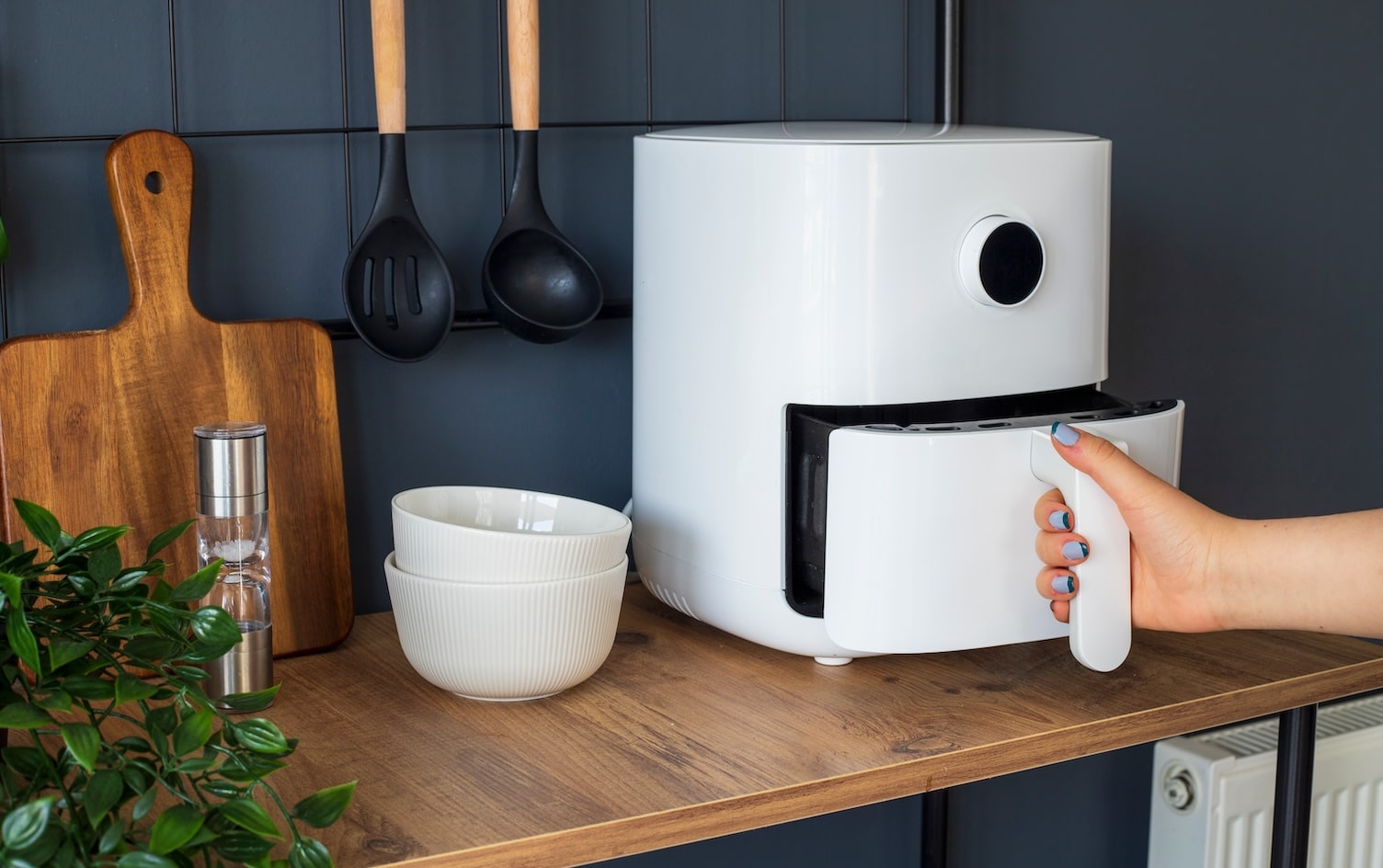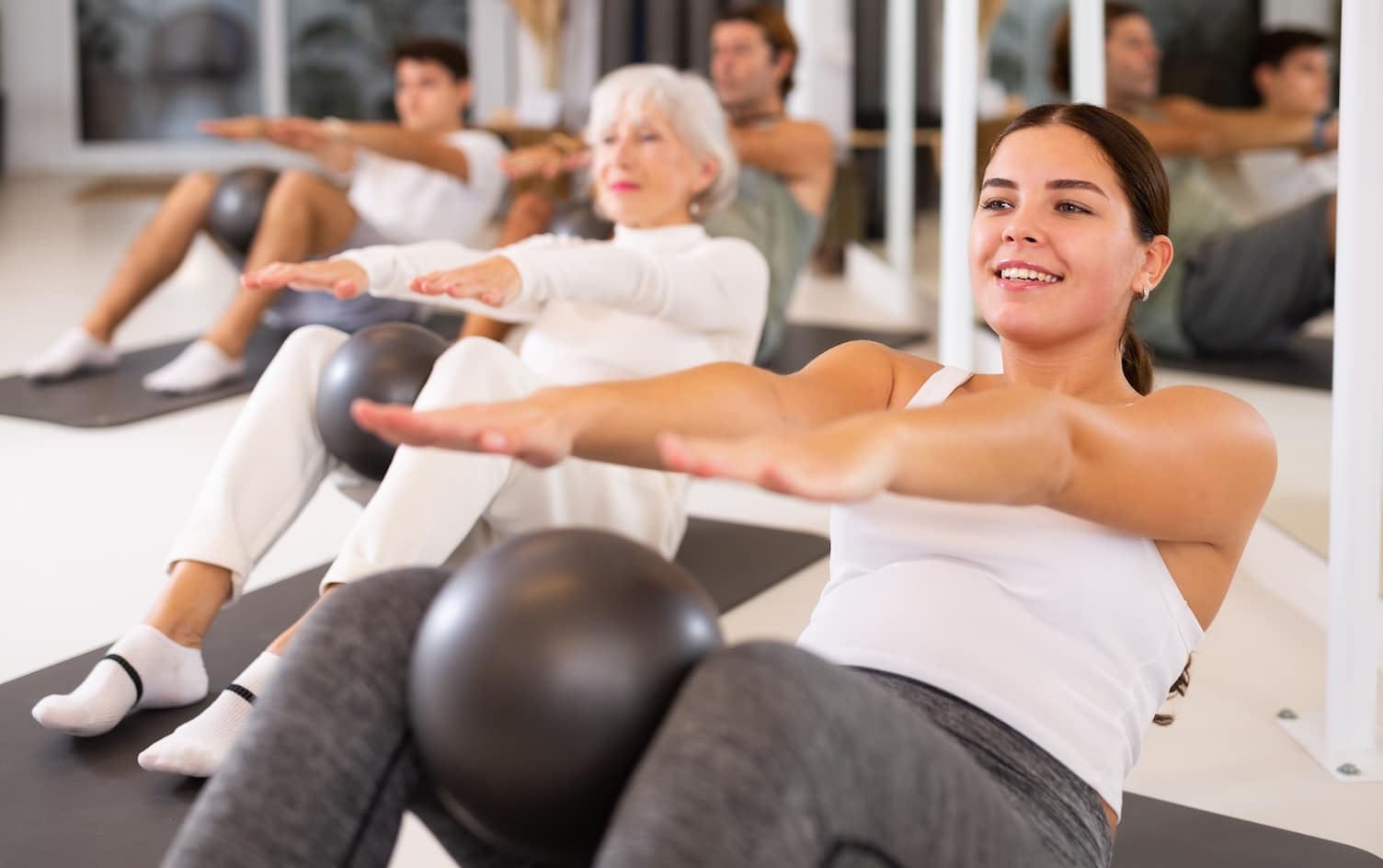So many weight-loss strategies require focus and attention, like eating right and moving often. But what if a few of them could be set on automatic, including when you sleep? Although you can’t burn all your excess fat this way, there are a couple of hacks that can help with the effort.
In general, we burn a certain amount of calories during sleep — for example, a 150-pound person tends to torch around 440 calories during seven hours of shuteye. But research indicates some other strategies might increase calorie burn, especially as a way to reduce fat.
DRINK OOLONG TEA
You’ve likely heard not to drink caffeine before bed since it may affect your sleep quality, but one exception might be oolong tea, according to a recent study published in the journal Nutrients.
Researchers in Japan looked at the effects of oolong consumption compared to caffeine alone on energy and fat metabolism. They found both types of caffeine increased fat breakdown significantly — by 20% more than those taking a non-caffeinated beverage — but oolong tended to keep this fat-burning going throughout the night.
Even more notably, people who had the tea didn’t report having trouble falling asleep, despite the caffeine amount. More studies need to be done, the researchers added, but this seems promising for those who want to add an afternoon cup of tea into their schedules.
TRY A PROTEIN SHAKE NIGHTCAP
Getting adequate protein throughout the day is crucial for muscle building and other functions, but some people may experience digestive discomfort if they’re opting for a protein shake in the evening, especially if there are added sweeteners or fiber, says dietitian Tamara Duker Freuman, RD, author of “The Bloated Belly Whisperer.”
However, if you’re using a protein that’s largely free of those additives and especially low in fiber, that could offer a boost to your weight-loss-during-sleep efforts. A study in Frontiers in Nutrition found protein consumed just before sleep increased muscle protein synthesis rates.
Not only can that boost your exercise results overall, but it builds muscle more effectively — a very important strategy since muscle mass helps your body burn calories more efficiently.
Some research suggests casein (Think: cow’s milk) may be the most easily digested and absorbed overnight. If you’re vegan or simply don’t want an animal-based protein, Freuman says there are plenty of other options, such as pea protein.
SET A BEDTIME AND DON’T HIT SNOOZE
One more trick is to make sure you’re sleeping in a cool temperature, which can increase your volume of brown fat — the good kind that boosts metabolic activity.
Whether you’re playing with the temperature, what you eat or when you workout, perhaps the biggest hack of all is to establish a consistent bedtime and wake-time schedule, according to Dr. W. Chris Winter, president of Charlottesville Neurology and Sleep Medicine, and author of “The Sleep Solution.” That includes the weekends, he adds, and try to limit your naps, so they don’t impact your nighttime sleep quality.
When you set this pattern into place — and avoid the snooze button — it’s much better for the hormonal regulation that controls how sleepy or awake you are. That balance of melatonin and cortisol has an effect not only on sleep duration and daytime alertness but is also associated with fat storage.
“Establishing a schedule makes your body and brain anticipate sleep in a really powerful way,” says Winter. “It optimizes everything from hormone balance to sleep quality, so you end up with a better result, even if you’re sleeping the same amount as before.”
Of course, what you do during the day matters the most, and creating healthy habits can go a long way. But adding to those tactics with some extra calorie burners and fat busters at night can be a helpful way to keep on track.
Unlock an experience that’s like having a dietitian, trainer and coach at your fingertips. Sign up for Premium for expert guidance and tools to help you reach your personal health goals.




